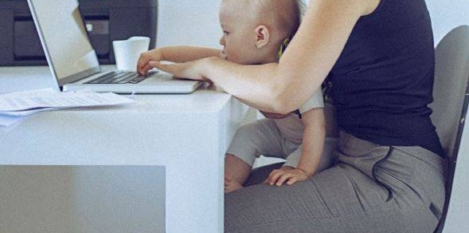September 1, 2016
New report sets out four key challenges for the workforce of the future 0
 A new report from The Future Laboratory and UBS Wealth Management claims to identify the key factors that will drive workplace change in the near future. According to The Future of the Workforce report, the next two decades will see the way we work completely reshaped by forces such as artificial intelligence and an increasingly multigenerational workforce. The report claims that the entry of more Millennials into the workplace, their differing values to older workers, a growing propensity to turn freelance and the dissolution of the old bonds of loyalty could mean that employers struggle to create a strong culture. The report also claims that there will be a growing emphasis on the provision of wellness programmes, driven partly by growing demand from employees as well as a greater focus on improving productivity from employers. It also suggests that employers need to act to remove any biases they may have to appeal to the values of the new generation of workers.
A new report from The Future Laboratory and UBS Wealth Management claims to identify the key factors that will drive workplace change in the near future. According to The Future of the Workforce report, the next two decades will see the way we work completely reshaped by forces such as artificial intelligence and an increasingly multigenerational workforce. The report claims that the entry of more Millennials into the workplace, their differing values to older workers, a growing propensity to turn freelance and the dissolution of the old bonds of loyalty could mean that employers struggle to create a strong culture. The report also claims that there will be a growing emphasis on the provision of wellness programmes, driven partly by growing demand from employees as well as a greater focus on improving productivity from employers. It also suggests that employers need to act to remove any biases they may have to appeal to the values of the new generation of workers.









 The legal status of people working in the gig economy must be clarified so that businesses and individuals can thrive, according to a new report from the Recruitment & Employment Confederation (REC).
The legal status of people working in the gig economy must be clarified so that businesses and individuals can thrive, according to a new report from the Recruitment & Employment Confederation (REC). 
 The 21st Century has seen an explosion of self employment in the UK, and most people who have become self employed have done so for positive reasons, claims a new report from the UK Government’s Office for National Statistics. According to the
The 21st Century has seen an explosion of self employment in the UK, and most people who have become self employed have done so for positive reasons, claims a new report from the UK Government’s Office for National Statistics. According to the 



















May 5, 2016
Facilities management is about great service, not trying to do everything
by Simon Heath • Comment, Facilities management
(more…)